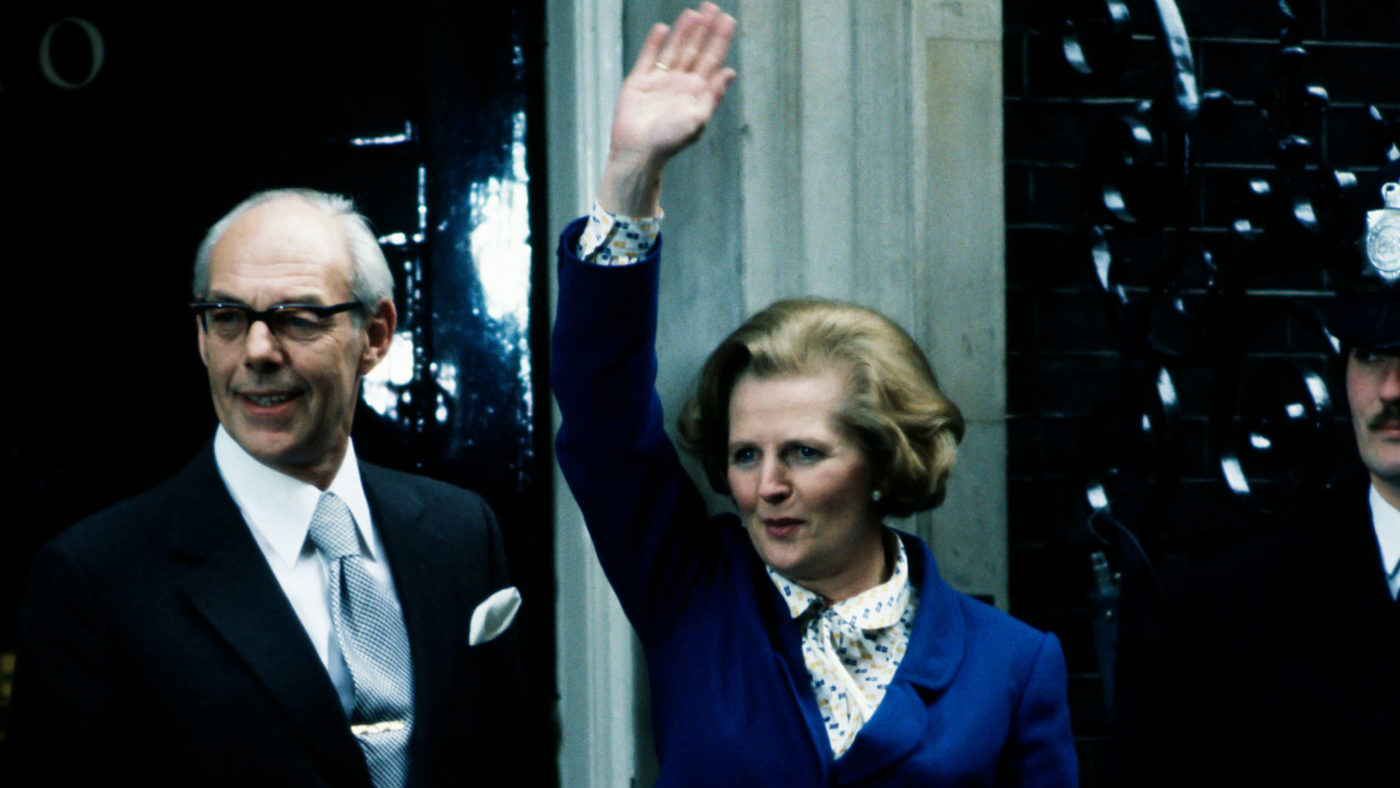Today marks the 40th anniversary of the 1979 general election. On a swing of just over 5 per cent, Margaret Thatcher’s Conservatives took 45 per cent of the popular vote in Great Britain, winning with a majority of 44 – the first of her three election victories.
Those of us who like statistics and historical facts can easily reel them off. The first woman to be UK Prime Minister, the longest serving PM of the 20th century, the only Conservative leader to win a significant majority in the last 60 years, and so on.
But Thatcher’s legacy goes well beyond a few interesting numbers. She reshaped the political map, both directly, through dramatically changing patterns of support, and indirectly, through the political consequences of her economic legacy.
Parts of the South of England that had previously been competitive were put out of reach of Labour in all but an exceptionally strong year, but at the same time, the Conservatives lost ground in many Northern English areas and in Scotland.
Thatcher’s success in attracting working-class voters to the Conservatives, together with Tony Blair’s later success in attracting middle-class voters to Labour, was a key moment in the long-term breakdown in relationship with social class (as we understood it in 1979) and party choice.
And while the impact is difficult to quantify, it is likely that — for good or for ill — politics would be very different today if there were it not for the economic revolution she lead.
As discussed previously, the great philosophical debates of one era often aren’t even debates in another. Income tax rates of over 80 per cent for the highest earners, strikes without ballots and exchange controls have long since disappeared as policies from the political mainstream, and free marketeers have Margaret Thatcher to thank for this.
Yet at the same time, just because debates can seem settled at a given moment in history, it does not mean that they are settled permanently. Some debates around capitalism have been reopened in recent years, and Thatcherites once again have arguments to win.
What does the public think about the Thatcher premiership when asked directly? Pollsters periodically ask questions of historical interest, including a YouGov survey after her death in 2013.
Asked to rank Thatcher’s greatest achievements, 44 per cent said being the first female Prime Minister, 33 per cent said the Falklands War, 27 per cent defeating the miners’ strike and 26 per cent the three election victories. On the negative side, 44 per cent said the poll tax was among her biggest failures, 37 per cent said deindustrialisation, and 31 per cent privatisation.
Respondents were likelier to say that she left Britain more respected in the world (60 per cent) than less (18 per cent), with more opportunities for women (51 per cent) than fewer (15 per cent), economically better off (48 per cent) than worse off (35 per cent) and freer as a society (36 per cent) than less free (31 per cent). However they were also likelier to say that she had left the country less equal (49 per cent) than more (25 per cent).
What about in comparison to her successors? In 2016, YouGov polled views on the five Prime Ministers prior to Theresa May (Thatcher, Major, Blair, Brown and Cameron).
Two things were notable in their answers. A quarter of a century after she left office, the public were more divided in their views on the Iron Lady, with 73 per cent having a view one way or the other, and only 12 per cent rating her as an “average” Prime Minister – far fewer than were on the fence in respect of any of her successors
Yet the same respondents, divided though they were, were also more positive on Thatcher than on any premier since, with 43 per cent rating her as a “great” or “good” PM. This was 11 points more than said the same of the then recently departed David Cameron, and more than double anyone else.
Conservative voters, unsurprisingly, were the likeliest to take a positive view (84 per cent), as did a majority (52 per cent) of UKIP voters, a third (33 per cent) of Lib Dems and even 15 per cent of Labour voters.
Yet, for all the ‘divisiveness’, Thatcher was also the only one of the five to have a net positive rating, with only 30 per cent rating her “poor” or “terrible”, the fewest of the five.
And for the 40th anniversary of her 1979 triumph, YouGov asked panellists who they thought was the greatest British Prime Minister since 1945. Thatcher topped the poll with 21 per cent, edging out Winston Churchill, and comfortably beating every other peacetime leader. Sixty per cent thought she “stuck to what she believed in”, 58 per cent that she was strong, and 49 per cent decisive. It seems that today, just as in her heyday, the public rates Margaret Thatcher’s leadership very highly indeed.
CapX depends on the generosity of its readers. If you value what we do, please consider making a donation.


